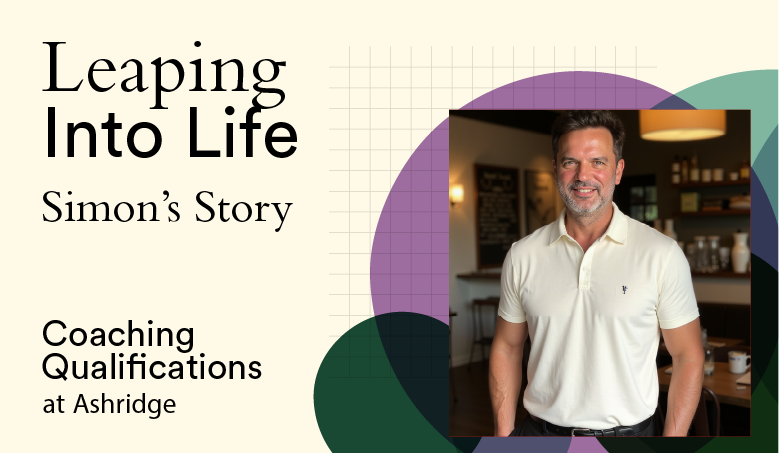Stepping off the Spin Bike: My Leap from Corporate Leadership to Coaching
When I entered my fifties, I had to accept that my working life could more easily be summarized in decades:
One in management consulting and two in various leadership roles in global financial organizations. This prompted me to reflect on whether one more decade in this corporate existence—which more latterly was carrying weighty organizational, regulatory, and governance responsibilities—could continue to offer meaning for me. I realized that what mattered most looking ahead, aside from my own health and wellbeing, was the quality of connection with my family. Not least, my three lovely children. And with my friends. As painful as it was to acknowledge, perhaps in my striving to be the best corporate leader I could be, I lost precious moments of connection. Sometimes we can feel like the pedals of the bike we’re on are going so fast that our legs can’t keep up. And that we miss the opportunity, along the way, to connect meaningfully with others … with life and all that it has to offer.
This was clearly a point of inflexion in my life and career, and one that needed careful self-reflection.
Sometimes we can feel like the pedals of the bike we’re on are going so fast that our legs can’t keep up. And we miss the opportunity, along the way, to connect meaningfully with others … with life and all that it has to offer.
The Ashridge master’s also enabled me to develop my own philosophies and beliefs that underpin my coaching.
While I was already aware of Ashridge, and its first-class reputation for coaching, I was less familiar with Erik de Haan, the team of faculty, and their work.
Ashridge is a very human, inclusive experience and one that encouraged me to push the boundaries in my own work
In my top three experiences are:
- creating lifelong friendships
- the quality of the feedback on my work – it was direct, challenging, helpful, and always came from a good place; and
- the rigour of the accreditation process in which I felt tested
Graduation in 2022 with my children was a joyful experience!
My advice, if you’re feeling trapped in a corporate life, is first to understand Why
My five top tips for making the leap:
- Prepare comprehensively for the transition. Dip your toe in, start coaching now, and learn from the experience; create the conditions you need to reflect and learn with others; become accredited; and plan properly for the financial transition
- Reactivate your network and grow new connections at the earliest opportunity. They will be the best source of growth for your practice
- Be patient and realistic about what you will achieve, especially early on. It takes longer than you’d expect to get off the ground
- Develop a clear sense of who you are as a coach. Where are you coming from? Adapt it as you learn more from your client experiences and feedback
- Commit to continued learning, from the outset. Work at your learning edge, including through personal and group supervision.
Are you ready to take the leap? Apply now to join our last executive coaching intake of the year


